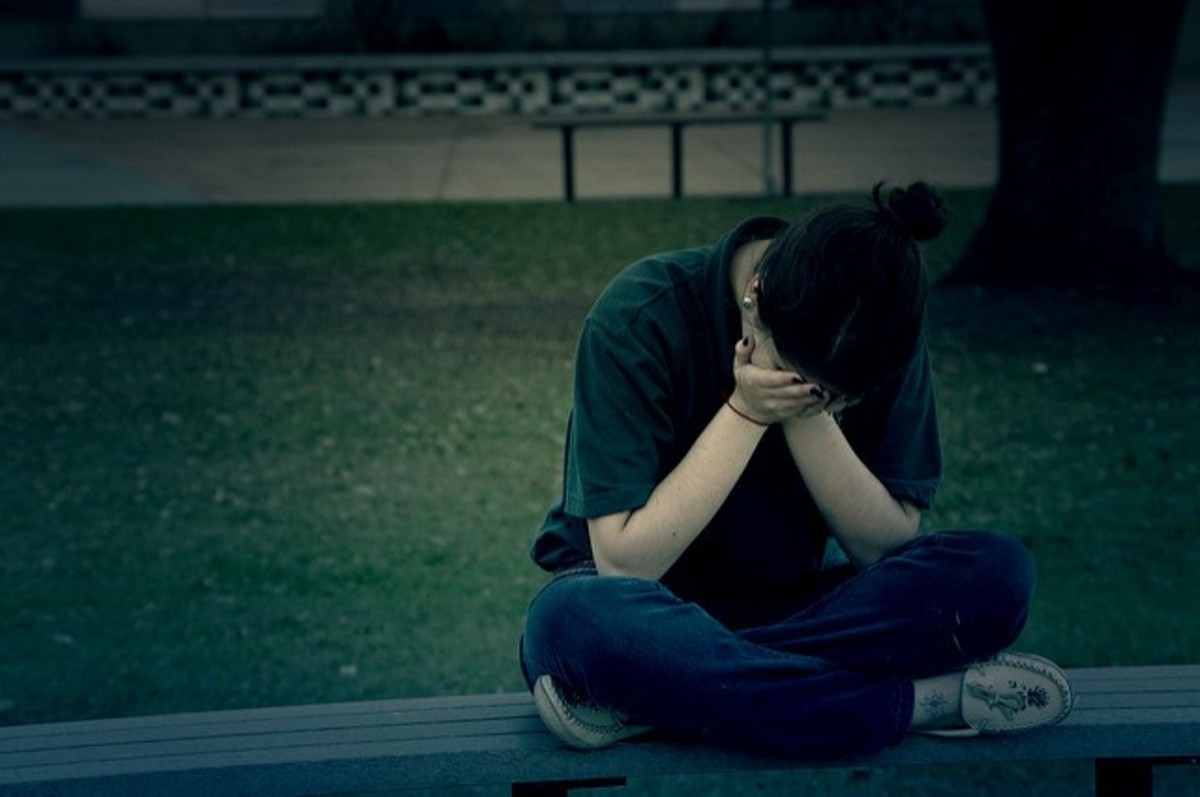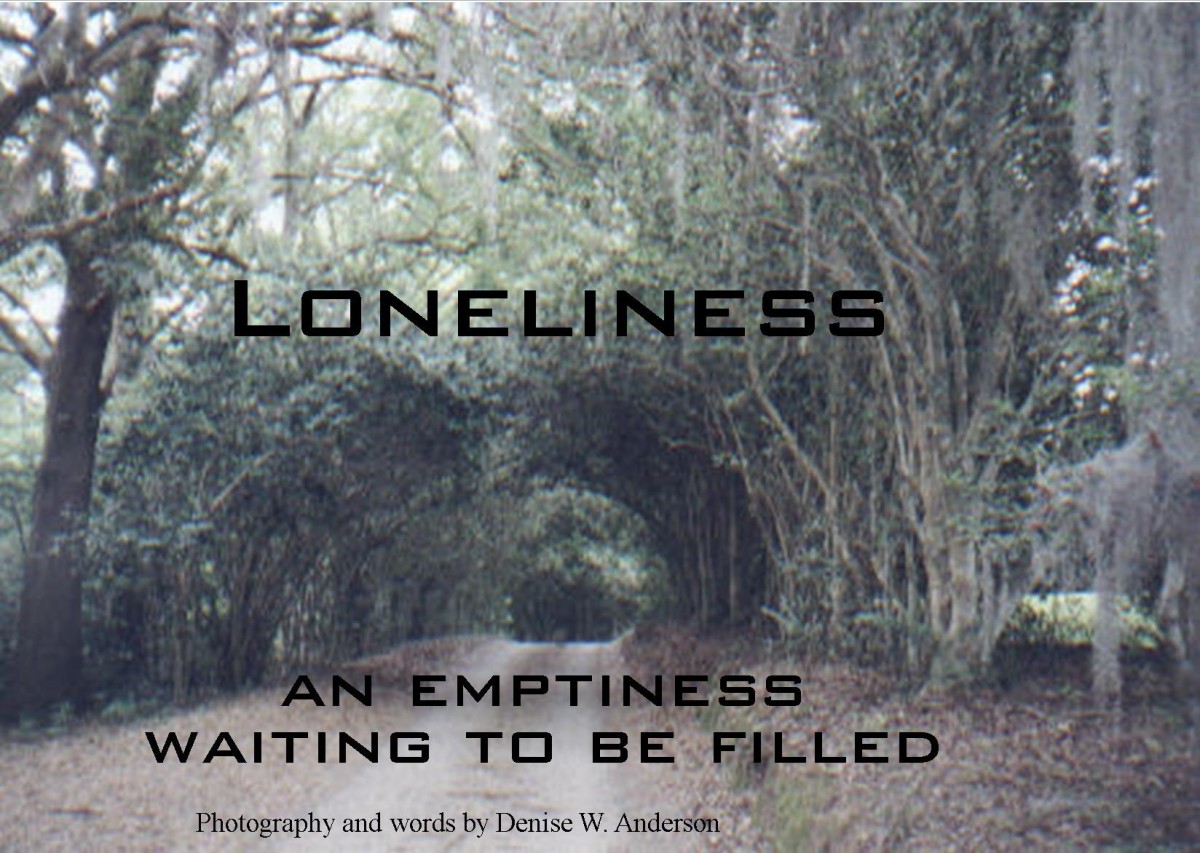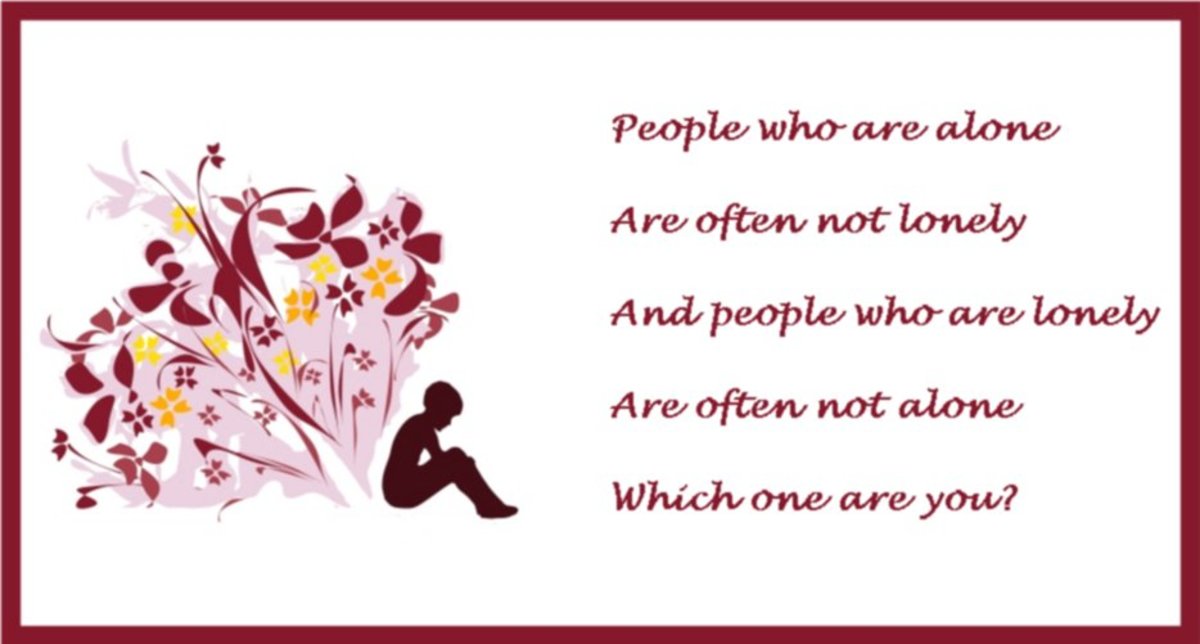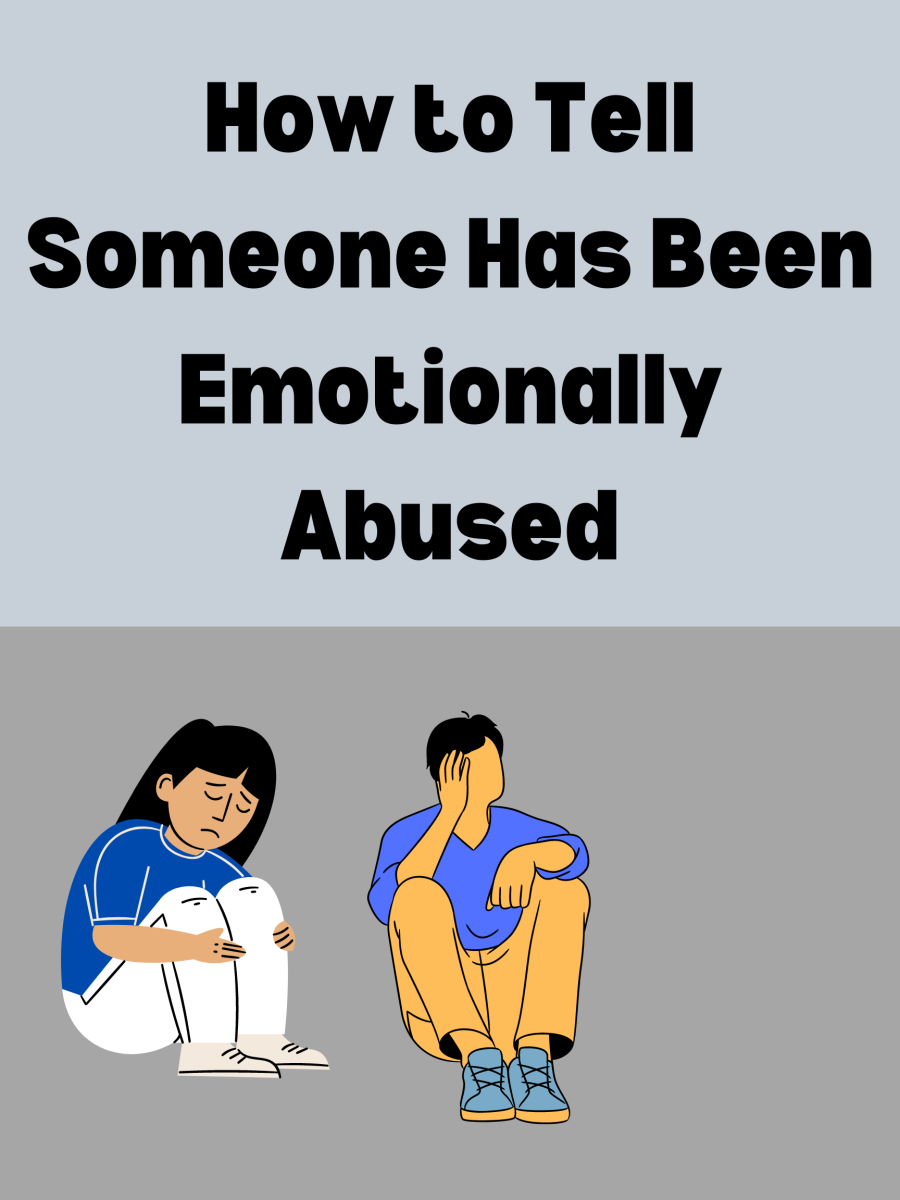- HubPages»
- Health»
- Mental Health»
- Emotions
Malady of Loneliness: Its Causes and Health Risks

Loneliness is an unpleasant emotional response to a lack of connection and communication with other beings. However, it can be felt even when surrounded by other people. It is universally prevalent throughout society, including people in marriages, relationships, families, veterans, and those with successful careers.
Though defined variously, below is mentioned one of its definitions:
“Loneliness is a feeling of social disconnectedness, in which a person wishes that he or she had better social relationships.”
Loneliness is increasing in spite of incredible communication advancements over the past decade. Not only is it a social issue but it also contributes to health problems.
Difference between loneliness and solitude -
Loneliness:
Loneliness is a negative state, marked by a sense of isolation. It is possible to be with people and still feel lonely, perhaps the bitterest form of loneliness. Loneliness is harsh state of discontentment, which is imposed on us by others. Loneliness depletes mind and body.
Solitude:
Solitude is the state of being alone without being lonely. It is a positive and constructive state of engagement with oneself.
Solitude is something we choose. Solitude suggests peacefulness stemming from a state of inner richness. It is something we cultivate. Solitude is refreshing as it gives an opportunity to renew ourselves. In other words, it replenishes as it gives us a chance to regain perspective. Solitude restores body and mind.
Genetics as a cause -
A number of causes have been assigned to it. One of the causes is genetics, which plays a large role in its causation.
The researchers at UC San Diego School of Medicine discovered that risk for feeling lonely is partially due to genetics but environment plays a bigger role. They estimated that 37 to 55 percent of loneliness is determined by genetics. The researchers also determined that loneliness tends to be co-inherited with neuroticism - long-term negative emotional state, and a range of depressive symptoms.
Other causes –
Below are enumerated some of its common causes:
Age – As people are living longer than before, loneliness has been increasingly seen in older persons because of shift in sociological perception. Due to changing family and social values, older people get marginalized from their family and neighborhoods, thereby feeling lonelier.
Social media – As we become more connected digitally as a society, we are experiencing less real life ties. On social media, we are psychologically predisposed to overestimate other’s happiness because of their upbeat status updates, which make us feel worse about ourselves.
Death and divorce - Though people live longer, there is a possibility that one mate may die early. After years of companionship, these people may suddenly find themselves lonely, being unable to relate to other couples. Similarly, divorce tears apart the family, often isolating those who were members of a once-cohesive group. This may affect children most as they begin to feel lonely. Lonely children become lonely adults, often unable to function socially because they are not emotionally equipped to relate to others.
Rejection and abuse – Individuals, who have been treated in a rejecting manner or abused by others especially in childhood, feel lonely when they grow up. They develop defensive walls to protect themselves from this negative environment, oftentimes shutting out both people that can help them as well as those that can harm them.
Being misfit – Some people feel like misfit, who cannot fit in with the rest of the crowd. On the other hand, in some cases, the desire may extend to being popular and well-liked, being looked up to and admired. When their desire is not fulfilled, they begin to feel lonely.
Commuting – It has been labeled as a cause of social isolation by many. Specifically, every 10 minutes spent commuting results in 10 percent fewer social connections. Those, who commute a lot, lose more of social connection, affecting adversely their different relationships.
Health risk of loneliness -
According to the study by Brigham Young University researchers, published in the journal Perspectives on Psychological Science, the subjective feeling of loneliness increases risk of death by 26%.
Social isolation and living alone were found to be even more devastating to a person's health than feeling lonely, respectively increasing mortality risk by 29% and 32%.
Social scientists suggest that meaningful personal and social connections can improve health in a variety of ways, by helping us manage stress, improving the functioning of the immune system and giving meaning to people's lives.
Loneliness can affect us in the following ways:
Increases risk of dementia – Chronic loneliness increases the risk of neurodegenerative disorders of the brain. Those, living alone or staying in nursing homes and old age institutions, have greater chances of developing dementia than those, staying with their families. The researchers have found that loneliness is associated with higher levels of the key Alzheimer’s protein amyloid in the brains of older people, suggesting it may be a very early symptom of the disease. It’s difficult to say whether loneliness may be a cause or effect of early damage in the brain. This needs to be validated in future studies.
Increases risk of cardiovascular diseases – Chronic loneliness causes chronic inflammation and damage to the tissues and blood vessels of the heart increasing the risk of heart attack, stroke and other cardiovascular diseases. The researchers suggest that loneliness, social isolation, or both are associated with a 29% increased risk of heart attack and 32% greater risk of stroke. The risk was similar to that of light smoking or obesity.
Decreases sleep quality – There appears to be a close relation between loneliness and sleep and even minute difference in the level of loneliness has an effect on sleep. Researchers from King's College London have found a link between loneliness and poor sleep quality in a study of more than 2,000 British young adults.
The researchers say that compromised sleep may be one pathway by which feelings of loneliness adversely affect our health.
Weakens immune system – Loneliness causes immune system to weaken that makes a person who lives alone more vulnerable to illness. The researchers suggest that loneliness can cause people to experience daily life as more stressful, which may cause chronic stress that in turn disrupts the immune system.
The final thoughts –
We are living in an age of loneliness, in spite of the fact that we are more connected than ever before. It has been explicitly established that consequences of chronic loneliness include the risks of a number of health problems. However, the impact of these consequences has been greatly neglected by people as well as public health authorities, even though the malady of chronic loneliness has assumed considerable public health importance.
Reference –
1 - University of California San Diego Health Sciences, "Do these genes make me lonely? Study finds loneliness is a heritable trait." Science Daily. Science Daily, 20 September 2016.
<www.sciencedaily.com/releases/2016/09/160920115629.htm>.
2 - Volume: 10 issue: 2, page(s): 227-237
Article first published online: March 11, 2015; Issue published: March 1, 2015 DOI: https://doi.org/10.1177/1745691614568352
Julianne Holt-Lunstad1, Timothy B. Smith, Mark Baker, Tyler Harris, David Stephenson
Department of Psychology, Department of Counseling Psychology, Brigham Young University
3 - King's College London. "Loneliness in young adults linked to poor sleep quality." Science Daily. Science Daily, 17 May 2017
<www.sciencedaily.com/releases/2017/05/170517090647.htm>.








